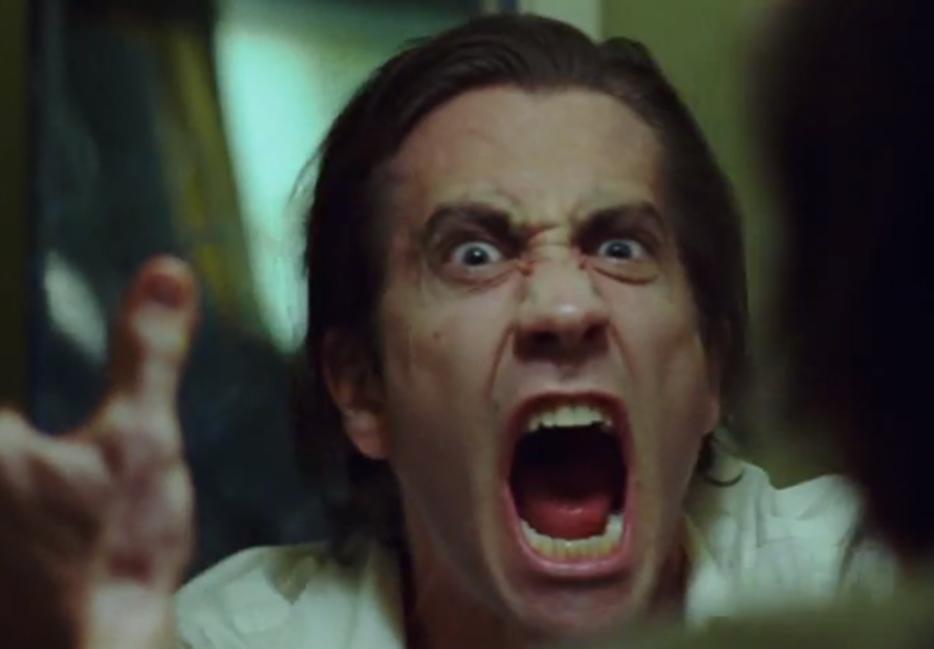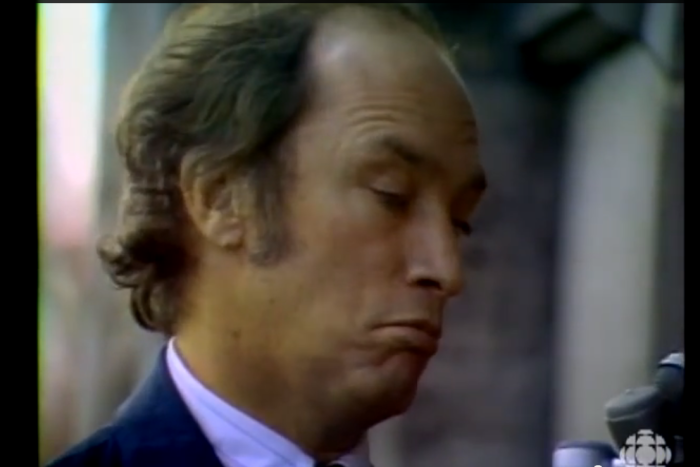“When I write, I don't think in terms of themes—or think in any terms, really. I'm making what T.S. Eliot called 'quasi-musical decisions.' I'm just improvising and adapting, and in that case I suspect the story's course reflects the process of trying to make it.” Denis Johnson on his writing process and his new book, The Laughing Monsters.
Zoe Heller and Anna Holmes on the havoc books can wreak on relationships.
Breaking books and stories into chapters is a more recent phenomenon than you might think.
“It feels as if someone or something is staring out from the text at the reader.” Jeff VanderMeer on the uncanny power of weird fiction.
Reporting from Casa Dracula, a haunted house for writers on Mexico’s Pacific Coast.
“I loved TV when I was a kid. We were some of the last people on our block to get it—my cousins all had it, people around us had it, my father didn’t want us to have it because he thought I wouldn’t do my homework.” “Was that true?” “Yes.” Sopranos creator David Chase talks to Andy Greenwald.
Here’s a 20-year-old interview with a baby-faced Jon Stewart.
IMPORTANT: badgalriri is back on Instagram. Instagram becomes relevant again.
Turns out, access to birth control can also be a tool in slowing down climate change.
"That’s where the farce in this movie is — that Louis is not only able to perform a sick job because he is sick, he’s also capable of thriving in it as a businessman. The movie couches its capitalist satire in a gradually tired nightly news thriller. But Anchorman gives you a sharper angle at jabbing into that world.” On the confused and creepy Nightcrawler.
Involuntary Bioslaughter and Why a Spider is Dead
"But here's the thing: You don't want to believe your grandmother is poisoning you. You know that she loves you—there's no doubt of that—and she's so marvelously grandmotherly and charming. And you know that she would never want to poison you. So despite your better judgment, you eat the food until you've passed out so many times that you can't keep doubting yourself."





